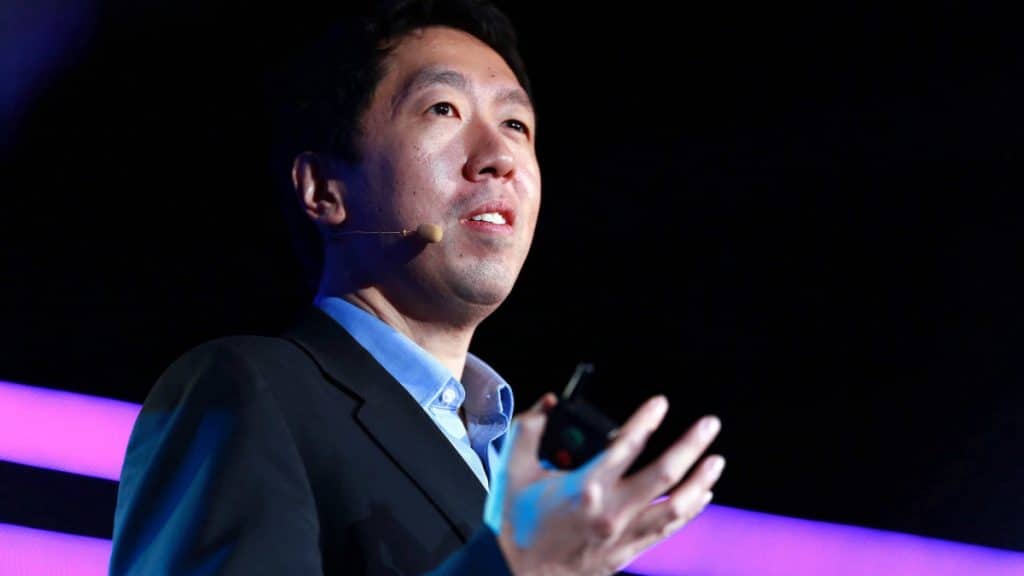AI Visionary Andrew Ng Backs OpenAI and Microsoft in Copyright Lawsuit with New York Times


In Brief
AI leader Andrew Ng expressed support for OpenAI and Microsoft’s positions over The New York Times’ copyright infringement claims.

Recently, United States’ media organization and newspaper The New York Times (NYT) filed a lawsuit against OpenAI and Microsoft, accusing them of copyright infringement. The media organization alleges that both companies used millions of its articles without permission for training AI technologies.
Andrew Ng, a renowned AI leader and founder of DeepLearning.AI, expressed sympathy for publishers concerned about the disruptive impact of generative AI on their businesses. While acknowledging the significance of independent journalism as a vital pillar of democracy that deserves protection, Ng declared his support for the positions held by OpenAI and Microsoft over that of The New York Times.
“I’m sympathetic with publishers who worry about generative AI disrupting their businesses. I consider independent journalism a key pillar of democracy and thus something that should be protected. Nonetheless, I support OpenAI’s and Microsoft’s position more than the NYT’s,” said Andrew Ng in a X post.
According to Ng, the New York Times (NYT) filed a lawsuit against OpenAI and Microsoft alleging massive copyright infringements. The suit:
- Claims, among other things, that OpenAI and Microsoft used millions of copyrighted NYT articles to train their models
- Gives examples in which OpenAI models regurgitated NYT articles almost verbatim
“Reading through the NYT suit, I found it surprisingly unclear what actually happened and what the actual harm is. (Clearly, NYT’s lawyers aren’t held to the same standard of clarity in writing that its reporters are!),” said Ng.
Discussing the first point, Andrew Ng advocated for considering training of AI models, particularly Large Language Models (LLMs), as fair use that doesn’t necessitate a license. Drawing parallels with human behavior, Ng emphasized the importance of allowing AI systems to read and learn from copyrighted texts, much like individuals can read online articles, derive knowledge and use that knowledge to create new content.
However, he suggests that the determination of whether this practice constitutes fair use should ideally be addressed by legislatures and courts.
Andrew Ng Asks New York Times to Clarify
Andrew expressed concerns about the confusion surrounding technical mechanism through which ChatGPT might reproduce an article verbatim and the potential link between the two aspects. Ng suggests that much of the confusion could have been avoided if The New York Times’ lawsuit had provided a clearer explanation of the underlying processes at play.
His stance emphasizes the need for transparent and comprehensive explanations to enhance understanding, particularly in complex technical matters like those related to AI models. One can read Ng’s full take on the matter here.
In yet another update, OpenAI and Microsoft are facing a lawsuit filed in Manhattan federal court by nonfiction authors Nicholas Basbanes and Nicholas Gage. The authors allege that the companies misused their work to train artificial intelligence models, including ChatGPT.
The copyright infringement claim states that the author’ books were included in the data used for training OpenAI’s GPT language model.
These ongoing cases could catalyze discussions leading to nuanced legislation and industry practices that strike a balance between innovation and the protection of intellectual property rights. Andrew Ng’s call for clarity underscores the need for transparent frameworks to navigate the evolving relationship between media, technology and the legal landscape in the realm of AI.
Disclaimer
In line with the Trust Project guidelines, please note that the information provided on this page is not intended to be and should not be interpreted as legal, tax, investment, financial, or any other form of advice. It is important to only invest what you can afford to lose and to seek independent financial advice if you have any doubts. For further information, we suggest referring to the terms and conditions as well as the help and support pages provided by the issuer or advertiser. MetaversePost is committed to accurate, unbiased reporting, but market conditions are subject to change without notice.About The Author
Kumar is an experienced Tech Journalist with a specialization in the dynamic intersections of AI/ML, marketing technology, and emerging fields such as crypto, blockchain, and NFTs. With over 3 years of experience in the industry, Kumar has established a proven track record in crafting compelling narratives, conducting insightful interviews, and delivering comprehensive insights. Kumar's expertise lies in producing high-impact content, including articles, reports, and research publications for prominent industry platforms. With a unique skill set that combines technical knowledge and storytelling, Kumar excels at communicating complex technological concepts to diverse audiences in a clear and engaging manner.
More articles

Kumar is an experienced Tech Journalist with a specialization in the dynamic intersections of AI/ML, marketing technology, and emerging fields such as crypto, blockchain, and NFTs. With over 3 years of experience in the industry, Kumar has established a proven track record in crafting compelling narratives, conducting insightful interviews, and delivering comprehensive insights. Kumar's expertise lies in producing high-impact content, including articles, reports, and research publications for prominent industry platforms. With a unique skill set that combines technical knowledge and storytelling, Kumar excels at communicating complex technological concepts to diverse audiences in a clear and engaging manner.





















































